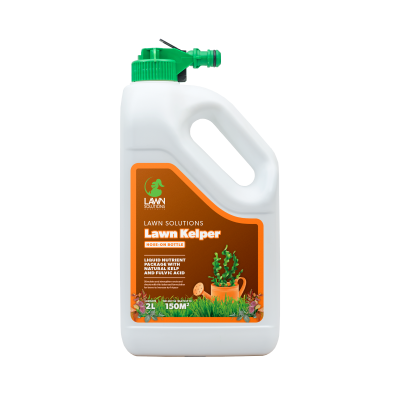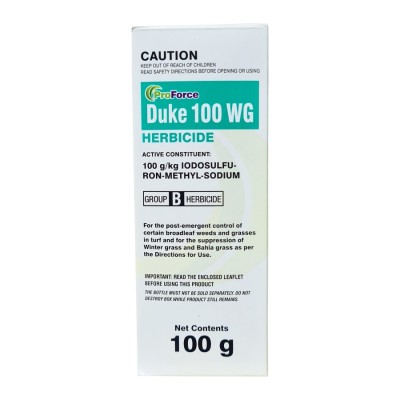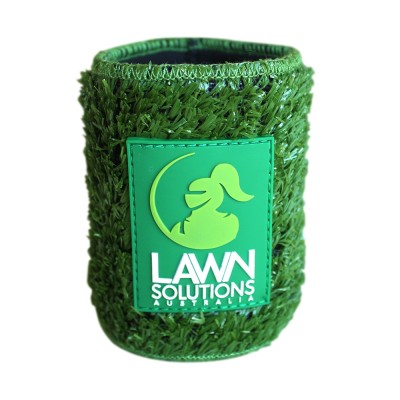As the cooler months are coming to an end and the weather is set to start warming back up, it is now time to start thinking about spring lawn care. In this blog, we look at a pre spring checklist to help ensure you are well-prepared for the growing season ahead.
Ensure Your Mower is Ready for Spring and Summer
Once the temperatures have warmed up, your lawn will wake back up and start to actively grow again. This means your lawn will be growing at a faster rate and will need to be mown more frequently. So, now is an ideal time to ensure your mower is ready for the warmer months.
Here are some of our top tips when servicing your mower:
- Clean your lawn mower.
- Clean your air filter.
- Change your spark plug.
- Check the oil (four-stroke engines only).
- Lubricate – throttle cable, height adjuster, wheels, and other moveable parts.
- Check you have fresh fuel.
- Check your pull cord for fraying or stretching.
- Sharpen/replace your mower blades. For more information on sharpening and replacing your mower blades, check out our blog here.
Check out our blog on how to give your mower a service for more information here.

Test Your Soil’s pH
Now is also an ideal time to test your soil’s pH. Testing your soil’s pH ensures your lawn isn’t missing out on any important nutrients it needs to thrive. You can test your soil’s pH with a testing kit from your local hardware store, or you can purchase one from our online store here. Ideally, your lawn’s pH should be between 5.5-7.
If you need to correct your soil’s pH, check out our blog here.

Maintenance Activities for Your Spring Checklist
If you want to do a spring lawn renovation, now is a great time to plan what activities your lawn needs, or you want to complete. A typical spring renovation will involve getting on top of any weeds a few weeks before the rest of your renovation. After this, dethatching your lawn, aeration, top dressing, then an application of fertiliser, pre-emergent herbicide and preventative insecticide. A spring renovation is best done once the temperatures have really started to warm back up and your lawn is actively growing. This should be avoided when temperatures are still cool.
Removing Weeds from Lawns
When it comes to weed removal, it is important to ensure you use the correct herbicide for effective results. We recommend using a broadleaf herbicide like Amgrow Bin Die or All Purpose Weed Control for common broadleaf weeds like Clover, Bindii, and Oxalis.
If you are unsure of what type of weed you have growing in your lawn, make sure you check out our Ultimate Lawn Weed Guide here.
When Should I Dethatch My Lawn?
Thatch is a build-up of dead and dry plant material that can sit in the profile of your lawn. This thatch layer can make it more difficult for air, and nutrients to reach the base of your soil. If your lawn feels spongy to walk on, you may need to look at dethatching your lawn. Check out our dethatching blog to see what’s involved here.

Why Should I Aerate My Lawn?
Aeration is another great activity to add to your spring checklist. Aeration involves using a garden fork or tyne aerator to help decompact your soil base. When your soil is hard and compacted, it can be difficult for your soil to absorb water and take in nutrients and air. This process can help with compaction-related issues, including drainage and allow your turf to grow its roots deeply to produce a stronger, more vigorous lawn. Check out our blog here for how to aerate your lawn.

Top Dressing Your Lawn in Spring
If your lawn has uneven levels or you want to improve your soil composition, you can also look at top dressing. Top dressing involves applying a thin layer of soil or sand that is rubbed into the profile. Check out our blog on top dressing to learn more here.

Lawn Care Renovation Products
Fertiliser
Another great activity to add to your spring checklist to fertilise your lawn. We recommend applying a granular fertiliser, like our Lawn Solutions Premium Fertiliser, before or after top dressing. This will help give the lawn a good boost while it is repairing.
Pre-Emergent Herbicide
During a lawn renovation, it is also an ideal time to apply a pre-emergent herbicide like Oxafert. Oxafert can be applied at the same time as applying your fertiliser and will help prevent seasonal weeds.
Preventative Insecticide
A preventative like Grub Guard Ultimate can also be applied simultaneously to help prevent damage-causing insects on your lawn for upto 6 months.
Other Lawn Care Products to Use in Spring
A few other lawn care products you can look at applying over spring include:
Lawn Kelper – a liquid nutrient package designed to increase turf vigour and stimulate and strengthen roots and shoots.
Lawn Soaker – a wetting agent designed to improve the penetration of water so it can reach deep down to your lawn’s roots.
We hope this pre-spring checklist will help you get your lawn in shape for the warmer weather!


